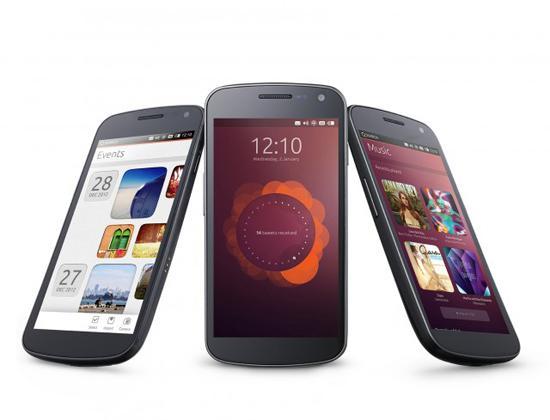
Yesterday the company that owns and runs the Firefox browser, Mozilla, announced that they will be joining the open source OS war that’s in the making for this year. That makes what’s been dubbed “Firefox OS” the fourth announcement this year with plans to make an alternative OS; it sits alongside Ubuntu, Tizen, and Sailfish. Out of the four we know of thus far, which one will succeed? Will any of them grow to eventually take on OS giants like iOS and Android?
It’s too soon to tell, but it’s never too early to speculate.
I’ve already mentioned both Ubuntu and Tizen in previous articles. Ubuntu is particularly interesting to me because it already has a popular computer operating system that is both simple to operate and developer friendly. Mozilla seems to be coming from the same direction, except instead of coming from a computing platform they’re backed by the name of a well-known browser. Mozilla also claims to be developer friendly, and even takes it a step further by claiming that they will give developers even more freedom than Android or iOS. While I feel that not much can be said about how much freedom iOS gives its developers, Google pushes the fact that Android is an open sourced platform yet still has a lot of control over what gets licensed and what doesn’t. It looks like both Mozilla and Ubuntu’s strongpoints are that they are willing to offer more than limited freedom.
Tizen is essentially Samsung’s “second chance” from their predecessor, Bada, which didn’t see a whole lot of success in the parts of the world that the latter platform was released in. Tizen is predicted to initially launch in the eastern part of the world, and would later have devices available in the western regions. Sprint has committed themselves to selling Tizen-based smartphones in the future, although when that will happen is unknown and still early in the works. Tizen’s selling point is that it’s an open ecosystem platform that is compatible with all web browsers and will even be compatible with Firefox OS.
Jolla’s Sailfish is the one I’m probably most skeptical about. The company is practically starting from scratch; they’re a group of mostly ex-Nokia employees who wanted to continue the efforts of the MeeGo platform after Nokia dumped the idea in favor of Windows Phone. Jolla claims to offer something “completely different” from Android and iOS by incorporating native multitasking, application integration, and data integration into Sailfish. Since I don’t have a lot of knowledge about the company, the platform, or the devices they plan to offer I have no real say on whether I think it will be viable competition to the others or not. I do think this brand new company coming out with another open sourced platform against three other well-known companies doing the exact same thing will be what creates the most hurdles for Jolla.
All in all, it looks like we’ve got ourselves a storm a-brewing when it comes to open source platforms. While all four seem to share the common goal of offering “something different” from platforms we already have and being catered to free-spirited developers, what might have seemed like an easy business strategy to free users from the Android or iOS mindset might have just become a struggle in itself.
Readers, which open source platform are you most interested in using first? Do you think any of them have a chance to join the ranks of iOS and Android, or will they become just another faceless alternative? Let me know what you think in the comments!